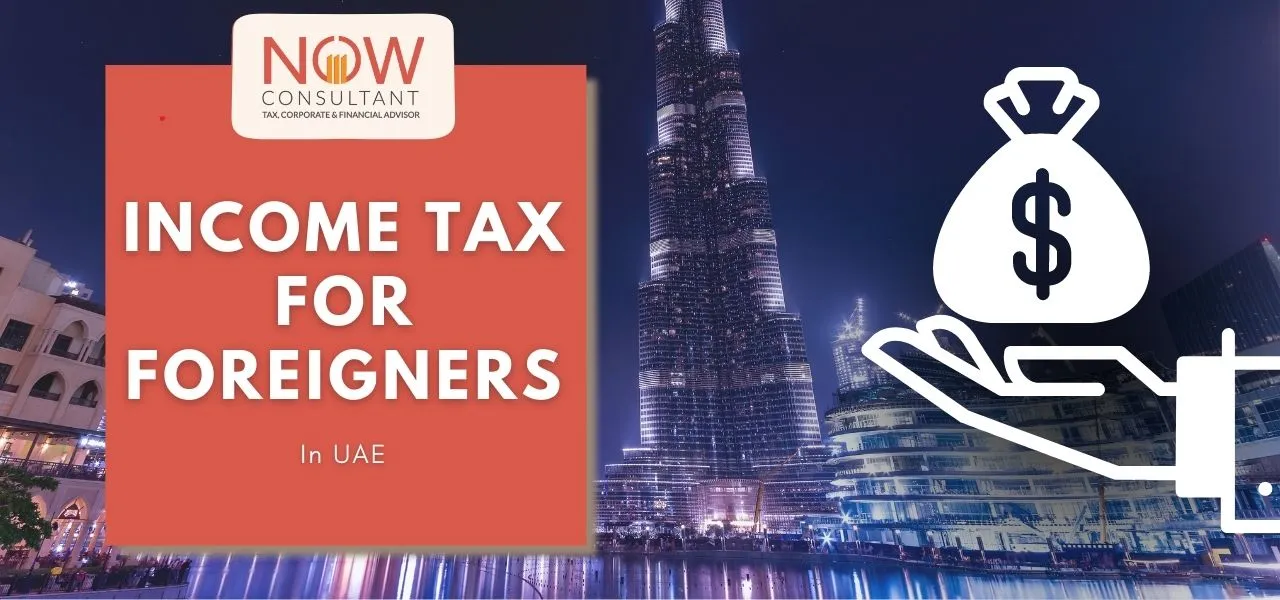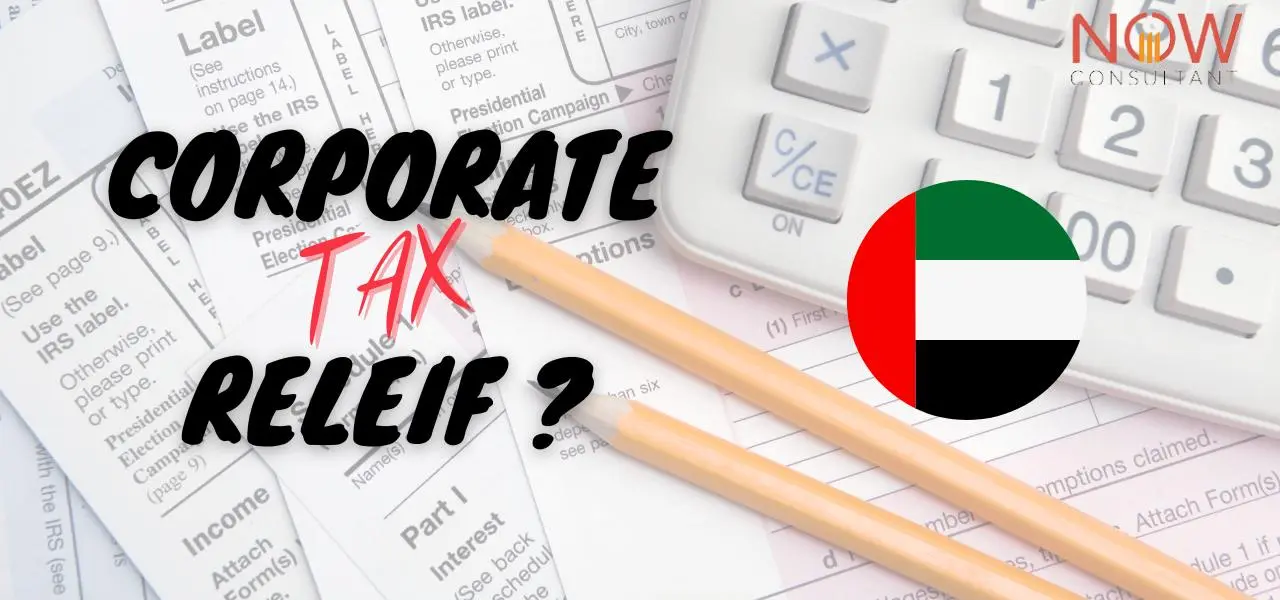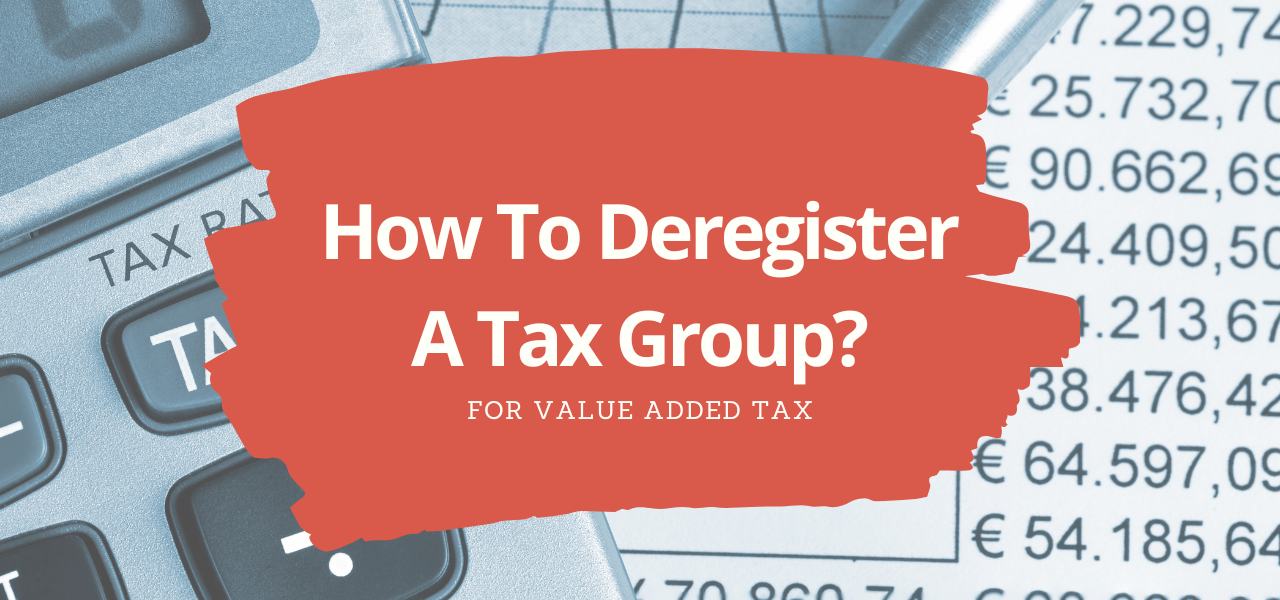The UAE is hailed as a tax haven, known for its favorable taxation laws in UAE. Currently, there is no federal income tax for individuals in UAE. Also, the tax-free state imposes almost no tax on foreign residents or citizens, following lenient expatriate tax regulations. What’s more, the UAE imposes no capital gain tax, wealth tax, or inheritance tax, contributing to the attractive taxation for non-citizens in the UAE.
However, even with this massive fiscal perk, you shouldn’t pack your bags just yet. Ahead, you will learn the basic UAE taxation laws infrastructure for individuals and foreigners.
What is Income Tax?
This is a tax imposed by a government on the income generated by companies, people, and other entities inside the nation. The income tax is calculated as an amount equal to the entity’s salary. It is gathered by the government to support programs and public services like infrastructure, healthcare, and education.
Simply put, the tax imposed against organizations or individuals in relation to their profit or salary is called the income tax. The income tax rate multiplied by the taxable salary is usually employed to calculate income tax. These rates are flexible based on the source of the salary and the taxpayer’s qualities.
There are no individual tax registrations or requirements since the UAE doesn’t impose taxes on a person’s salary. The corporate tax imposed on a restricted group of overseas international firms makes up most of the UAE’s tax revenue, shaping the taxation of expats in the UAE.
Let’s go through the basic federal taxation laws operating in the UAE.
Federal Taxations in the UAE
1. Individual Tax
UAE employees who are Gulf Corporation Council nationals are subjected to a social security regime of 17.5%. UAE nationals are subjected to 5%, and it’s automatically deducted from their respective paychecks, aligning with tax residency criteria in UAE. Plus, the employer pays an extra 12.5%.
The same tax is applied to employees of foreign branches and local firms based in the Free Trade Zone. Moreover, residents in other GCC countries might be subject to other social security fees, underlining non-resident tax rules. On the other hand, non-GCC individuals aren’t subject to this tax within the UAE.
Free Trade Zones have unique import fees, customs, and taxes. As a matter of fact, there are 40 free trade zones in the UAE. Companies are excluded from paying corporate tax for 50 years within these regions. Not only this, but the companies registered in these zones are also completely exempt from import and export taxes.
2. Tourist Facility Tax
Resorts, hotels, and restaurants usually charge the following taxes:
- Tourism fee of 6%
- Hotel room tax of 10%
- City tax of 6-10%
- Municipal fee of 0-10%
- A service charge of 10%
Hotel taxes differ by emirate. For instance, the tourism fee for each hotel bedroom for 30 nights varies from AED 7 to AED 20 in Dubai. Generally, this fee is based on the hotel grade. Similarly, Abu Dhabi imposes a 4% tax on hotel expenses. It charges AED 15 each night for hotel rooms. Lastly, Ras Al Khaimah charges an AED 15 tourism fee per night in hotels.
3. Income Tax
As stated above, there is no income tax for individuals in UAE. This automatically means that there is no need for an income tax return, simplifying tax filing for expatriates. The same applies to self-employed individuals residing in any emirate.
UAE Tax Regime For Foreigners
There is no income tax for foreigners in the UAE who earn in the country, irrespective of residency status. However, non-tax residents might still have to pay income tax in their home country based on their separate taxation rules.
The UAE is proud to have double taxation agreements with 137 nations, offering clarity on tax implications for foreign workers. Plus, there are no fees imposed on UAE residents for foreign pension programs. The country has signed up for CRS (Common Reporting Standard).
This is a universal standard for the Automatic Exchange of Information system. Basically, CRS is a legal standard enabling nations to share tax information between participants. This is helpful for stuff such as an investigation of tax evasion.
Tax Evasion and Avoidance
Anyone who is known as a taxable individual in the UAE needs to follow the laws about reporting appropriate taxes. This includes corporate and VAT taxes. And if the person fails to settle the tax bill, it can lead to a prison sentence. The penalty is given for minor offenses, and the highest penalty that can be imposed is five times the amount of avoided tax.
Tax investigations are conducted on UAE firms frequently. The UAE tax authority guidelines are strict and efficient. It’s quite evident from the fact that the Federal Tax Authority carried out 9,948 inspections in the initial six months of 2022. Their investigations unveiled 1,213 evasions.
Why is There No Income Tax in the UAE?
Since the country’s economy heavily depends on oil exports the Emirati government gains a huge percentage of its revenue from them. The UAE easily sustains its economic development. In other words, the UAE has no need for direct taxes. Furthermore, the country wishes to attract skilled professionals and overseas investors with this tempting policy, encouraging strategic tax planning for expats.
The UAE boasts a diverse economy due to the industries of construction, tourism, real estate, and finance. The lack of income tax attracts talent and foreign investment to the country, which has boosted economic growth.
Wrapping it Up
Income tax in the UAE can be overwhelming because it’s so different from other countries. Since there is no income tax on nationals and expats in the UAE, there’s no need to hire an accountant. Why? There is no income tax form to submit.
Making conscious decisions about your taxes within the UAE is critical for your financial status. Hopefully, this article has provided in-depth information on the matter.









